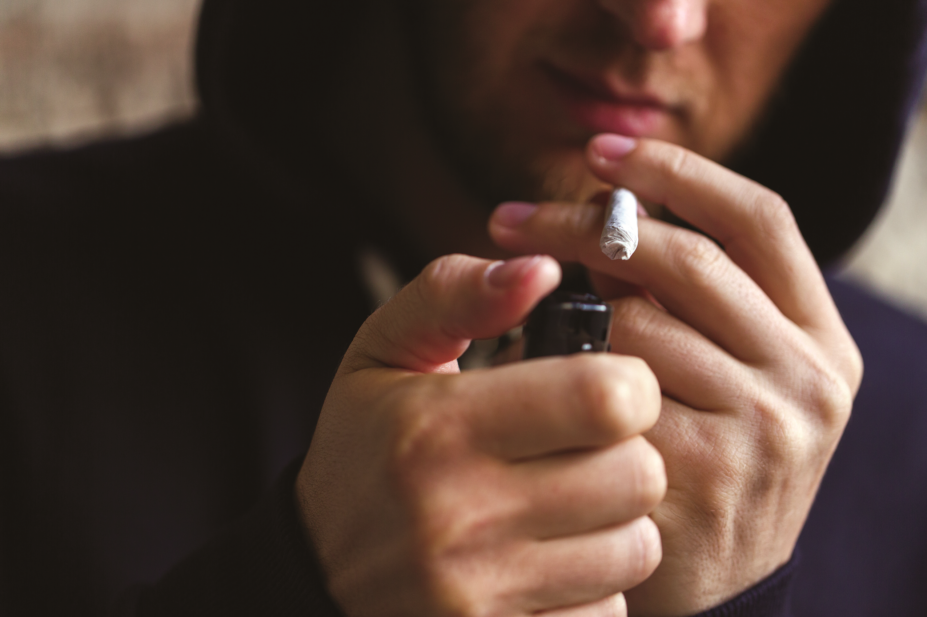
Shutterstock.com
Adolescent cannabis users are more likely to develop depression and suicidality in young adulthood, according to the authors of a review published in JAMA Psychiatry (online, 13 February 2019)[1]
.
Researchers looked at data from 11 longitudinal and prospective studies involving a total of 23,317 people, in which cannabis use before the age of 18 years was assessed and then the development of depression between the ages of 18 years and 32 years was ascertained.
The meta-analysis showed that the odds of developing depression between the ages of 18 and 32 years was 37% higher in adolescent cannabis users compared with non-users. There was a 50% increased odds of suicidal ideation in cannabis users, who were also 3.46 times more likely to attempt suicide. However, cannabis use was not associated with developing anxiety.
The researchers said the findings supported the notion that adolescence represents a “window of risk” during which the harmful effects of cannabis are most pronounced.
“There is an urgent need to implement better drug use prevention programmes targeting the use of cannabis among adolescents and interventions aimed at educating adolescents to develop the skills to resist peer pressure on drug consumption,” they concluded.
References
[1] Gobbi G, Atkin T, Zytynski T et al. Association of cannabis use in adolescence and risk of depression, anxiety, and suicidality in young adulthood. JAMA Psych 2019. doi: 10.1001/jamapsychiatry.2018.4500


